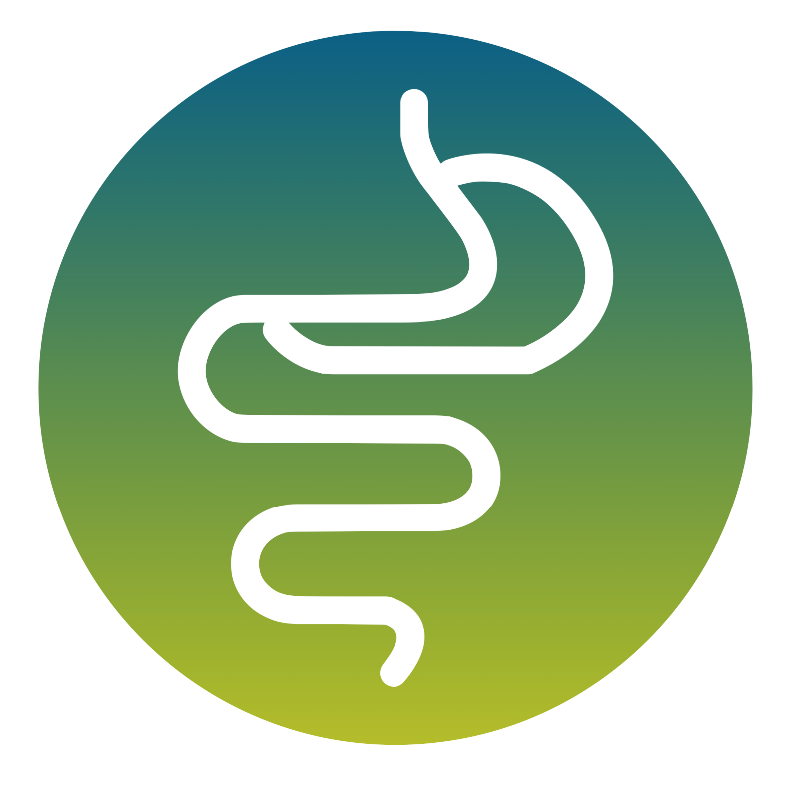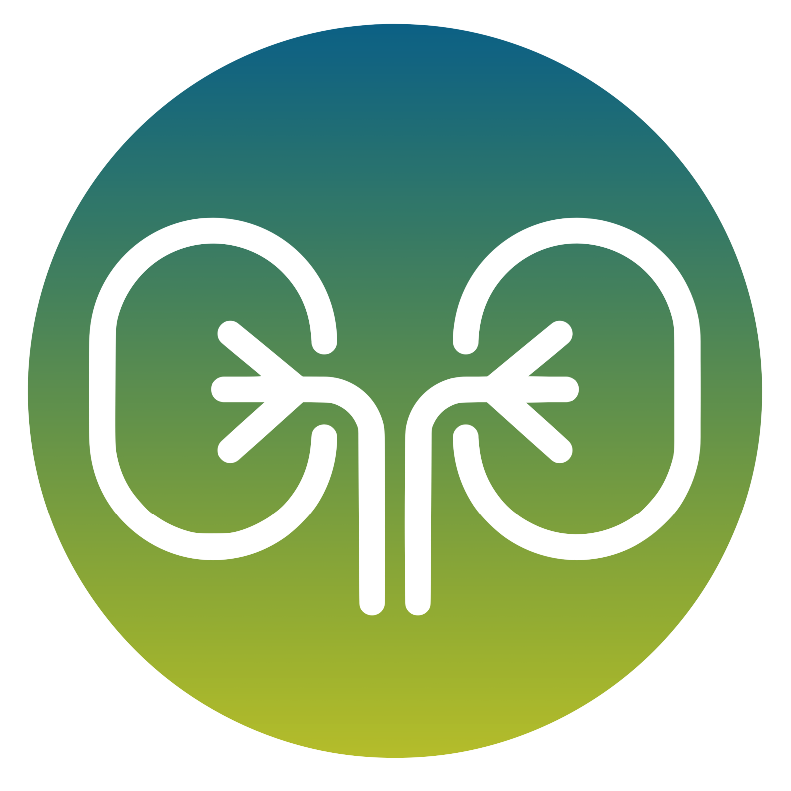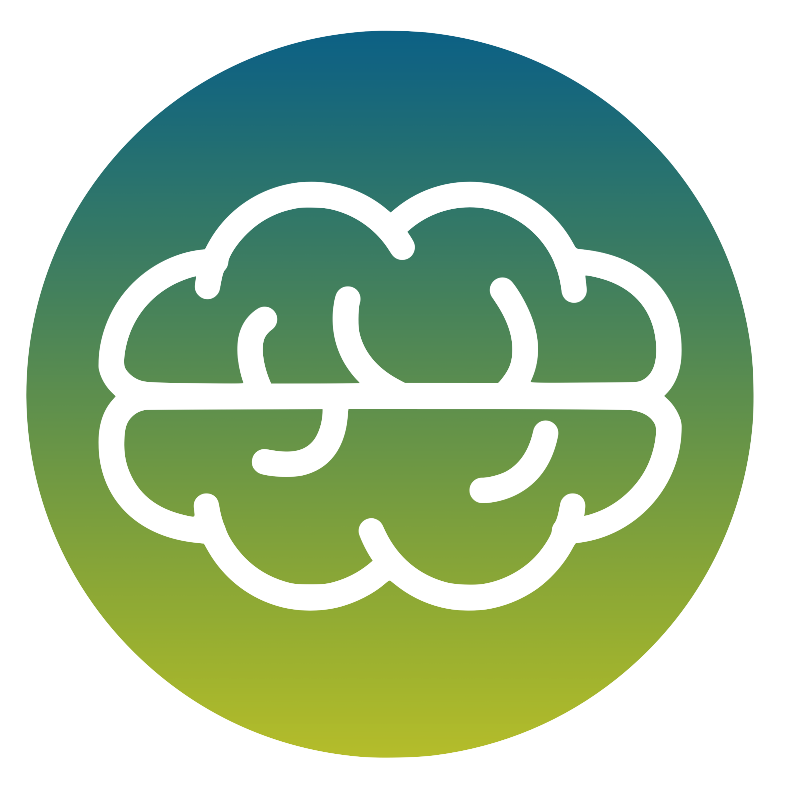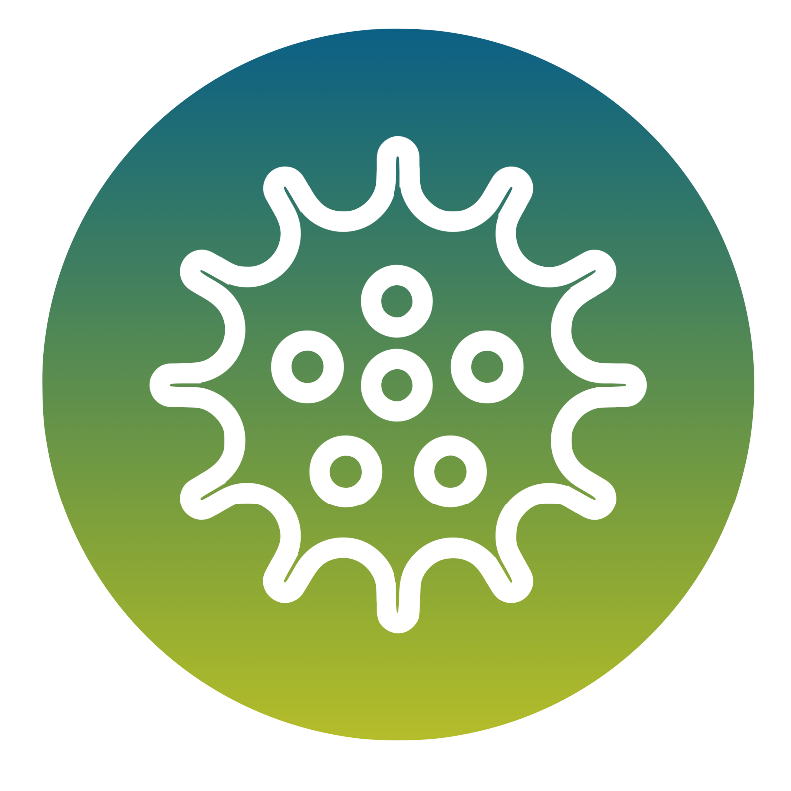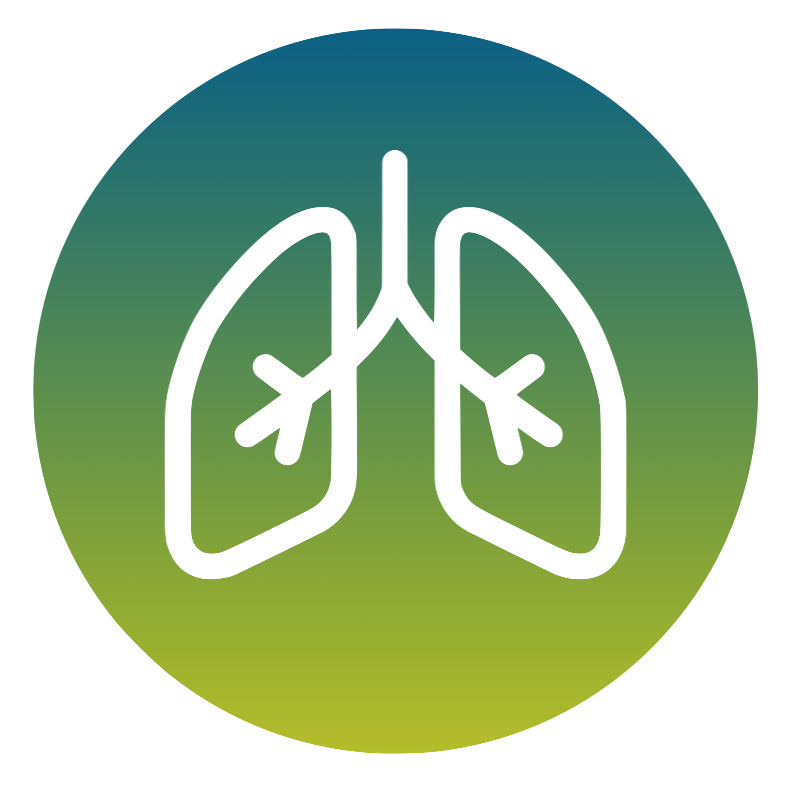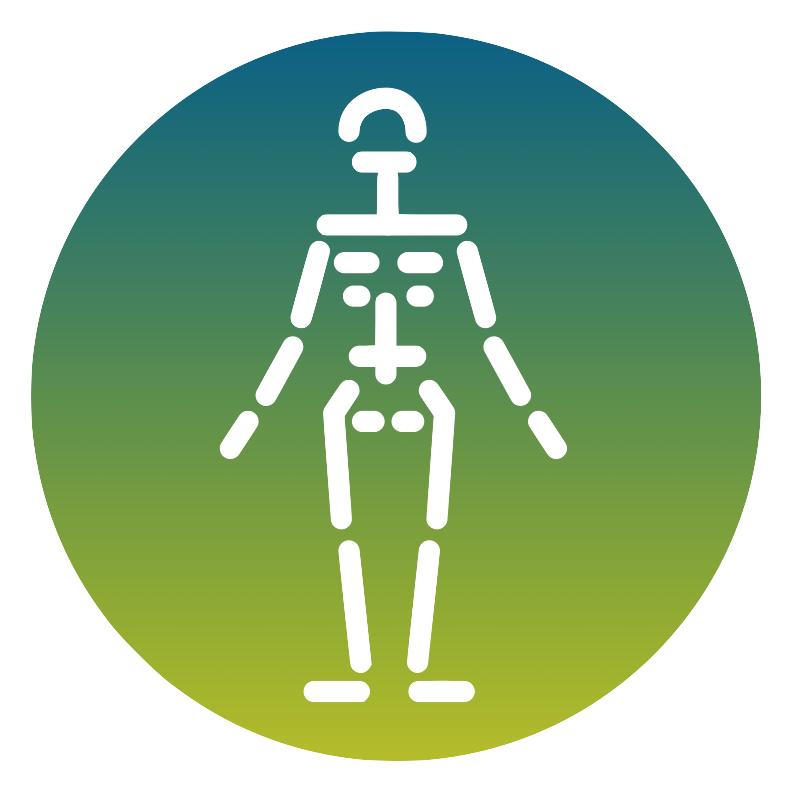Agenesis - dysplasia of the corpus callosum Code R-178
- Description
- Number Genes
- Prevalence
- Indications and clinical utility
- Test performed and limitations
- Other Specialities
Agenesis of the corpus callosum is a congenital condition in which the corpus callosum, the structure that connects the two cerebral hemispheres, does not develop completely or is absent altogether. This condition can be associated with a number of brain abnormalities and can manifest itself in varying degrees of severity. People with agenesis of the corpus callosum may manifest a wide range of clinical signs and symptoms, which may include delayed motor and cognitive development, learning and information processing difficulties, balance and coordination disorders, vision and hearing problems, as well as behavioural and social-emotional problems.
443 Genes
Not known
Multigenic panel aimed at the molecular diagnosis of syndromes characterised by/also by agenesis-dysplasia of the copro callosum.
Method: NGS sequencing, determination of SNVs (Single Nucleotide Variants), small insertions and deletions and CNVs (Copy Number Variants).
Limits: The test is unable to determine the presence of underrepresented somatic events, balanced chromosomal rearrangements, nucleotide expansion events of repeat regions, CNVs <3 contiguous exons. <3 esoni contigui.
Some genes may have low coverage areas, where necessary or upon specific request, within the limits of methodological limitations, sequencing can be completed with alternative methods (Sanger).
Some genes may be duplicated in the genome (pseudogenes), which may invalidate the analysis.
..







